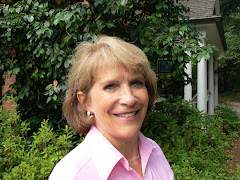Why is it that many people who are very elderly and/or near death have no appetite? Some believe that the body's hormones and metabolism change dramatically with chronic illness and are a cause of a poor intake. Others believe that cogntive decline (inability to know it is time to each, lack of interest in food, etc) are the cause. But after years of working in long-term care with ill and elderly patients, I have come to believe that for many, a lack of appetite is a signal from the patient that they are ready to die. This signal might be a concious effort to stop eating to facilitate death. Or it might be subconcious. But it is very clear that many patients have no interest in food and actually refuse to eat or drink, turning their heads or clenching their teeth when a cup or spoon approaches their mouth.
Time after time I have witnessed well-meaning caregivers and family members of eldery and terminally ill patients try to encourage people to eat. Sometimes this encouragement turns to futile attempts to save a life. Upon occasion I have seen family members force food into a patient's mouth or trick a patient into eating, desperate to prevent their loved one from starving to death.
We (medical professionals, caregivers, and family members) need to begin to listen to signals and respect the rights of our patients and loved ones to refuse nourishment. Force-force feeding is disrespectful and could result in choking.
We need to be less afraid to let our elderly and terminally ill-loved ones choose not to eat and drink, and accept it as part of a natural part of the end of life.
Subscribe to:
Post Comments (Atom)

No comments:
Post a Comment